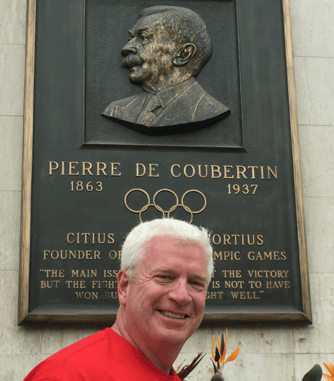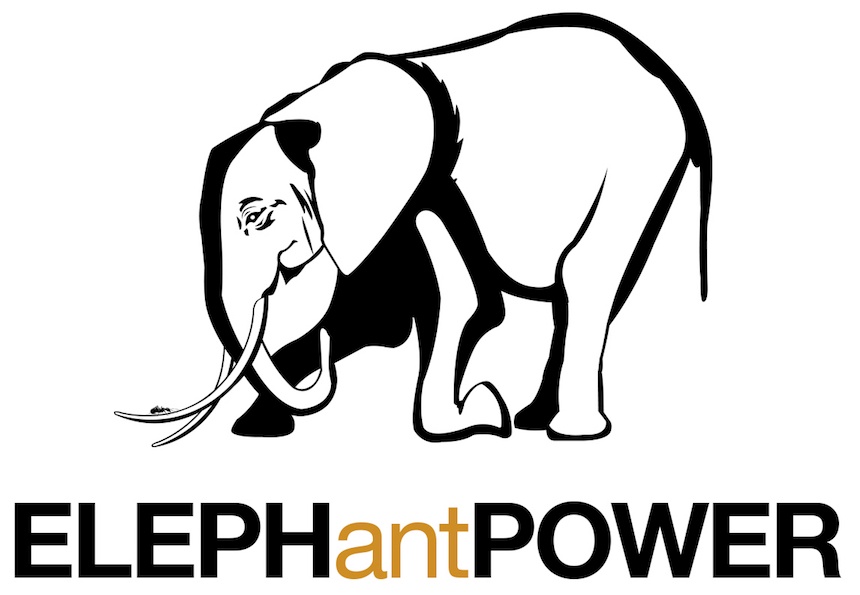How is it we humans manage to thrive when the forces of nature seem to drive towards the opposite? Let's look deeper...
Entropy is a component of the Second Law of Thermodynamics, which states there is a general tendency of all observed systems to go from order to disorder. This law was developed in the context of 19th century studies of steam engines. It was learned that energy spent is energy lost. Any and all energy that is used must come from somewhere. The net result is energy gets used up until there is none.
Taken to the extreme, in billions of years, the universe will simply disintegrate into a mass of nothingness (hmmm… not something to look forward to).
Growth, on the other hand, is the force of life. In many ways it seems to contradict the force of entropy. However, life stands out as a profound pesky nuisance to the Second Law of Thermodynamics.
Flow of Entropy vs Flow of Humanity
Humanity is made up of individuals. We evolve as individuals and thereby evolve as a society. Through our recorded history and evolutionary past, uncovered from the Earth, humanity has arguably improved and grown. We know more than generations past. We live longer and “better” lives along the way. Where, then, does entropy fit into the picture? A body of philosophers, scientists and theologians have yet to agree on an answer to this question. I, for one, will not join the debate. Suffice to say—we tend toward higher ground.
Individually, we aspire to ascend Maslow’s hierarchy of needs from food and shelter to self-actualization. Ultimately, this ascension will only happen through the choices we make. Proactivity over passivity will deliver us to that higher ground we seek.
There are times when we follow the flow of entropy. One classic example of this is by becoming a victim of a situation or circumstance. As “victims” we are stuck. In victim lies chaos. Victim follows the entropic flow.
But if we take responsibility, or as Stephen Covey called it, “the ability to respond,” we will then act from a place of accountability, a place of choice, power and self-determination. We then personify proactivity.
Defeating Entropy
 The modern Olympic games were revived in 1896, by the French aristocrat Baron Pierre de Coubertin. As a philosopher and academician, de Coubertin led a group of colleagues to found guiding principles for the Olympic Games. They set the standard with three Latin words: citius, altius, fortius—swifter, higher, stronger.
The modern Olympic games were revived in 1896, by the French aristocrat Baron Pierre de Coubertin. As a philosopher and academician, de Coubertin led a group of colleagues to found guiding principles for the Olympic Games. They set the standard with three Latin words: citius, altius, fortius—swifter, higher, stronger.
They purposefully did not use the words swiftest, highest, strongest. The pursuit of excellence involved personal bests, peak performance within the individual and on the sports field. De Coubertin and his colleagues ensured that the foundation of the Olympic movement reflected the ever- present potential for humanity’s quest for excellence—not perfection. With sport as the backdrop, citius, altius and fortius celebrated humankind’s potential.
In my own journey to become an Olympic athlete, I carried this philosophy through every day of training and each ski race I entered. In fact, I added another tongue-in-cheek term to citius, altius, fortius: It was “smartius.” I knew that in a competitive environment, personifying proactivity included ways to find the most intelligent path from Point “A” to Point “B.”
Growth includes the option of finding ways to live smarter and wiser. By doing this, you redefine winning. Winning then becomes a process of being more than just “Number One.”
Over one hundred years ago, no one understood this better than Pierre de Coubertin. In fact, he authored the Olympic Creed, which states, “The most important thing in the Olympic games is not to win but to take part, just as the most important thing in life is not the triumph but the struggle. The essential thing is not to have conquered, but to have fought well.”
Olympians do not have the exclusivity on excellence. Citius, altius, fortius (and even smartius) are principles that everyone can follow. We can physically learn to quicken our reflexes, reach new heights and strengthen our bodies. We can learn and grow in many ways.
Then what must we do?
Simple!
Choose to do one hundred things one percent better, rather than one thing 100 percent better. Personify proactivity in all things that you do. Do not look for leaps of excellence. Instead, apply excellence to everything. You will then discover that your path to excellence is the way you will embody the philosophy of kaizen (continuous improvement). Kaizen works both personally and professionally. The growth of individual employees leads to corporate growth.
Over the past couple of decades in Japan, despite the implosion of Japanese banks, the challenging roller coaster of the Nikkei stock market and the uphill battle their businesses have faced, the Japanese remain steadfast to kaizen.
Matsushita-Panasonic has 6 million staff suggestions a year. Ninety percent are put into action by a company-wide day-by-day approach toward continuously improving results.
Toyota Motor has a system whereby 1.5 million suggestions are processed each year and 95 percent of them are put into practical use.
Nissan management seriously considers even the smallest detail. “Any suggestion that saves at least 0.6 seconds—the time it takes a worker to stretch out his hand or walk half a step” is reviewed and integrated into operations.
Bottom line, look for ways you and your organization can continuously improve. In life, beating entropy with kaizen is the way to go.









